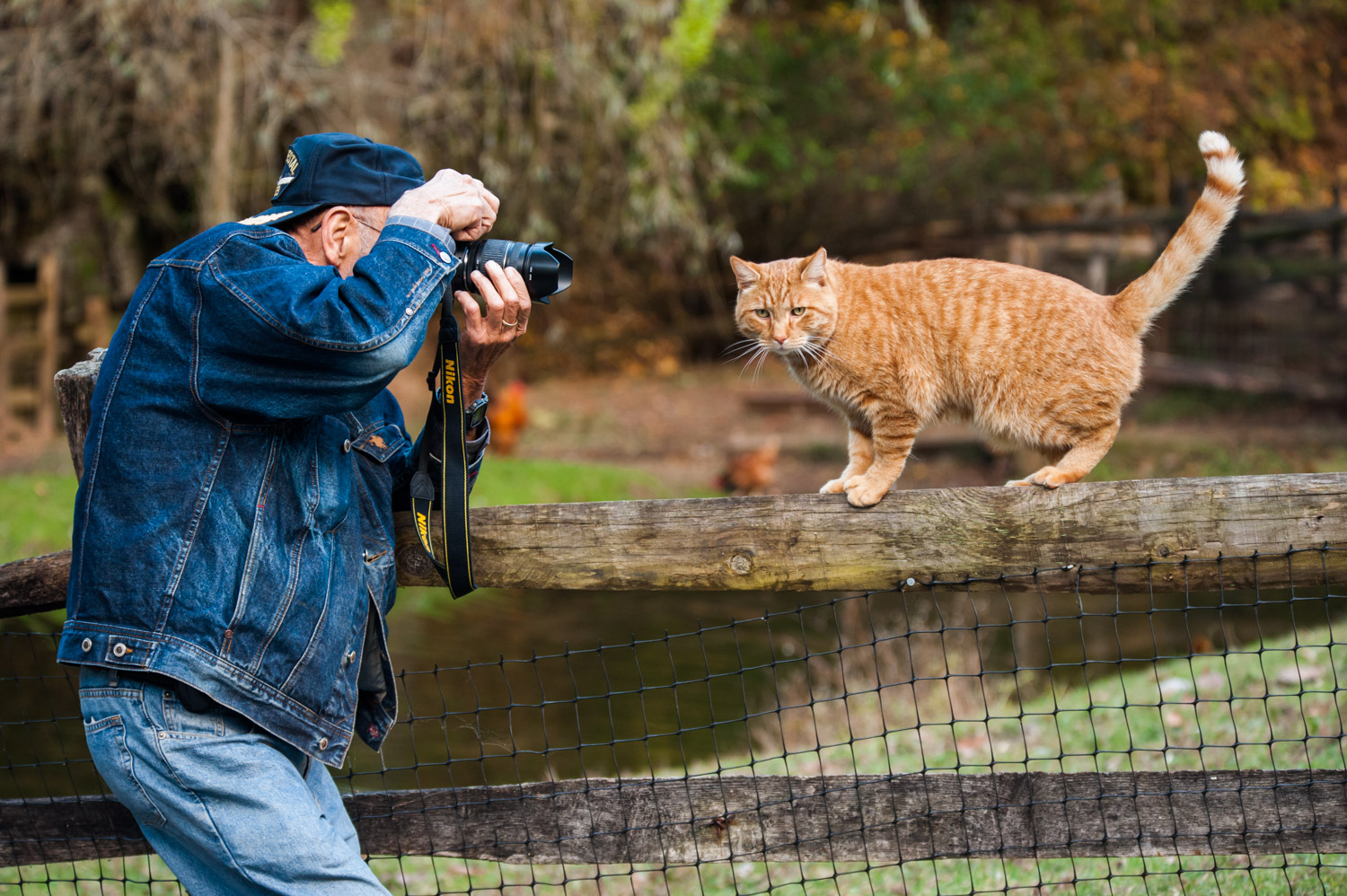Which camera should I buy?
Aug 05, 2022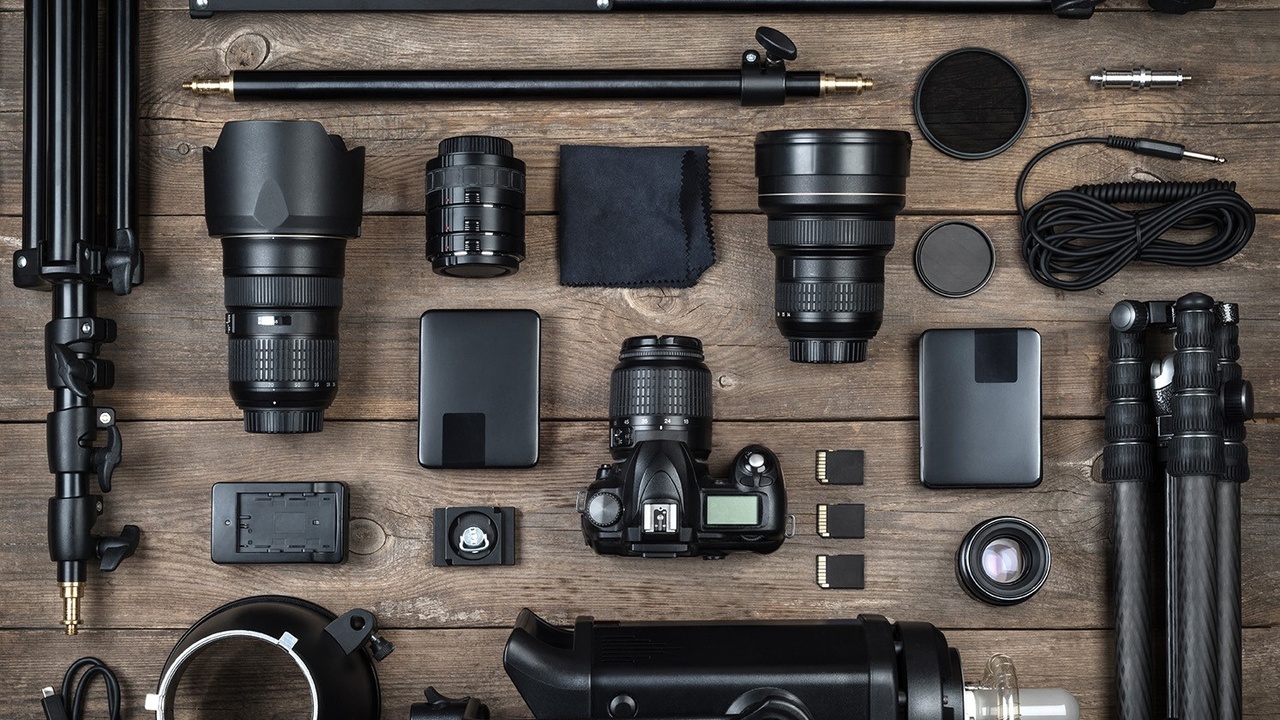
As a professional photographer and instructor, I get asked a lot of questions. But, by far, the most common question I get is...
"Dave, which camera should I buy?"
Half-jokingly, my canned response is, "Why, the Nikon D6, of course!" (or, whatever the latest and greatest DSLR or mirrorless model may be)
Then, the predictable next question I get is...
"Well, how much is it?"
It's about six-and-a-half grand.", I tell them.
"Oh, I didn't mean that type of camera! I just need something for me!"
At that point, it's my turn to ask questions, and I have two very specific ones in store:
- What do you plan on doing with your camera? (i.e., What type of photography do you like?)
- What is your budget?
These may sound like trivial questions, but until they are answered, I am not in a position to recommend any specific camera or, likely more important, any specific lenses.
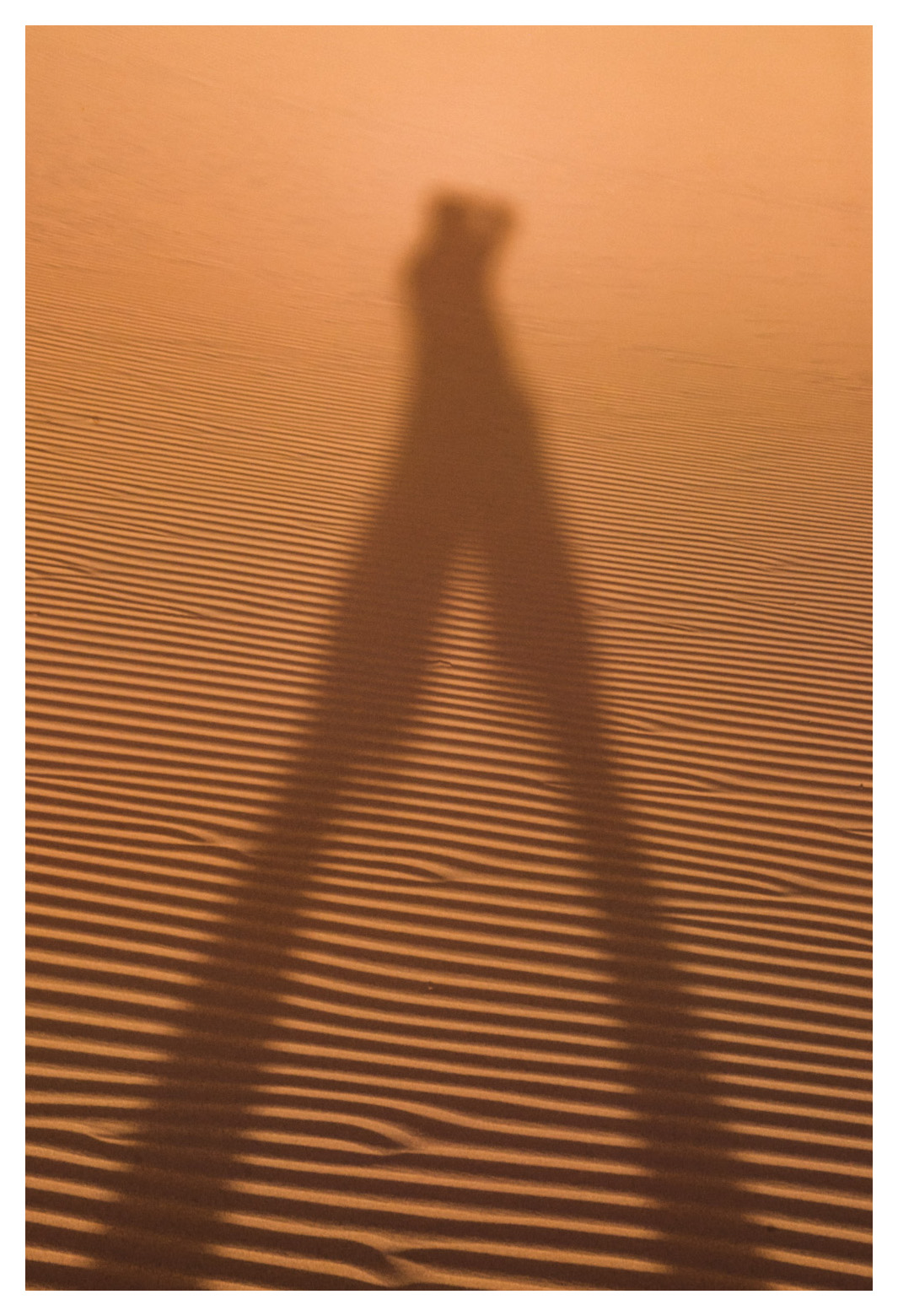 If you are getting into photography, and ready to take the plunge beyond your old point-and-shoot model, or if your cell phone camera just isn't cutting it for you, then what you need to do before investing in any gear is to figure out what it is you enjoy about photography, and then figure out if you can afford the gear that will allow you to do what you want to do.
If you are getting into photography, and ready to take the plunge beyond your old point-and-shoot model, or if your cell phone camera just isn't cutting it for you, then what you need to do before investing in any gear is to figure out what it is you enjoy about photography, and then figure out if you can afford the gear that will allow you to do what you want to do.
If you have a fixed budget in mind, then you will obviously need to fit your purchase into the confines of that budget (and, sorry, but you probably won't be starting out with a Nikon D6 or even a D5. I've been doing this gig for nearly 20 years and still don't own one!).
Now, having said that, quite often people simply do not know what they enjoy until they spend some time with the craft, discovering what types of subject matter or shooting styles pique their interest. So, in this case, some sort of basic DSLR or mirrorless model with a kit lens or two could suffice. Entry-level models by both Nikon and Canon will likely do the trick at a reasonable price. I'm sure that the likes of Sony and Fuji will also have some "starter" options available, but I personally do not shoot with mirrorless gear, so I'm not as familiar with all of that (yet!).
An alternative would be to pick up a more advanced camera body "used" for about the same price as a new entry-level model. I would use caution with buying used gear off of the internet, though. Yeah, there are some good deals on eBay or Craigslist or Facebook Marketplace, but you never know if the seller is truly reputable or if there is something inherently wrong with the gear, or if it is stolen goods. My advice would be that if you are buying used gear, buy it from a reputable camera shop (more on that below).
Quite often I get asked about which cameras are best for "traveling", as far as size, weight, quality, etc. Many of the consumer-level DSLR bodies are rather small (compared to their pro-level big brothers), and they'll do the trick. There are also plenty of options for the modern "mirrorless" camera bodies, which are almost always smaller than their equivalent DSLR (basically because they don't require the mirror mechanism). They can be expensive, though.
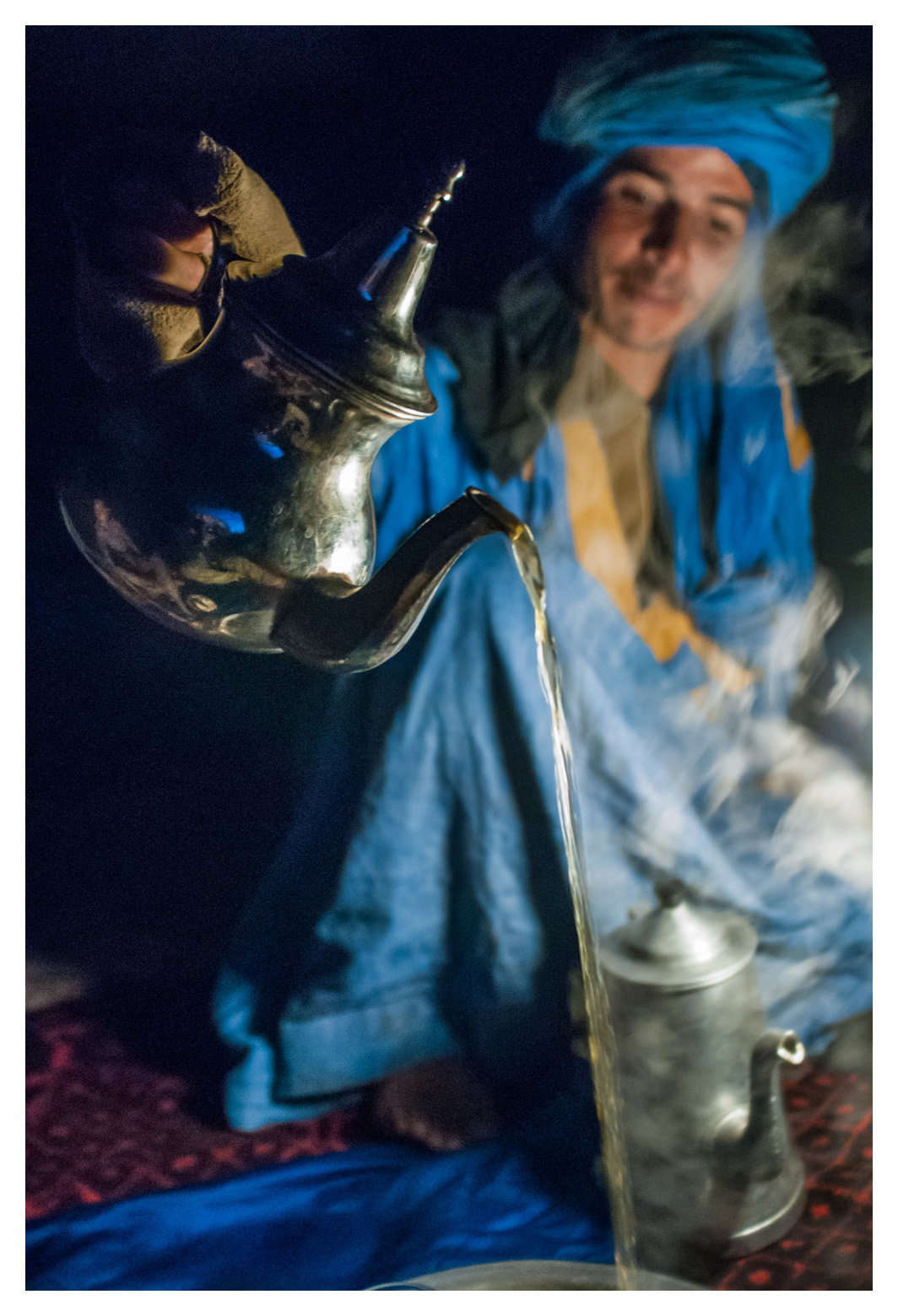 Another drawback is that they are more prone to getting dust or dirt on the digital sensor when changing lenses (since there is no mirror or shutter "blocking" the sensor when the camera body cavity is open (i.e., when the lens is off the sensor is completely exposed). Of course, even with a DSLR you must be careful when changing lenses as that same dust or dirt, once inside of the body, will likely make its way to the sensor surface over time. (This is why you may see "spots" in the sky or in white areas of an image -- it's caused by a dirty sensor!).
Another drawback is that they are more prone to getting dust or dirt on the digital sensor when changing lenses (since there is no mirror or shutter "blocking" the sensor when the camera body cavity is open (i.e., when the lens is off the sensor is completely exposed). Of course, even with a DSLR you must be careful when changing lenses as that same dust or dirt, once inside of the body, will likely make its way to the sensor surface over time. (This is why you may see "spots" in the sky or in white areas of an image -- it's caused by a dirty sensor!).
Fortunately, there is a round-about solution to preventing your digital sensor from getting dirty: If you start with a clean sensor, and use just one lens with no need to take it off or swap it for another, the chances of any debris entering into the camera body are eliminated. So, if that is a concern, which it often is when traveling (especially in places like beaches, deserts, anywhere where the wind is blowing or is misty), then you should consider purchasing an "all purpose" type of lens that you can simply leave mounted on the camera at all times.
For example, Nikon now makes an 18mm-300mm (f/3.5-f/6.3) DX lens for its crop-sensor models which covers a very wide range of focal lengths, making it a great lens for traveling. This would essentially be the only lens you would need on the trip and would not need to swap lenses when a moment is happening, nor worry about the aforementioned dirty sensor issue. (NOTE: This lens is the successor to the 18mm-200mm f/3.5-f/5.6 all-purpose lens, which can now be purchased very affordably on the used market.)
For full-frame models, such as the Nikons that I shoot with (D750 and D800, in case you are wondering), I love using my 28mm-300mm f/3.5-f/5.6 all-purpose lens, and I have gotten tons of use out of it. That is my go-to lens when I don't feel like lugging around all of my other glass.
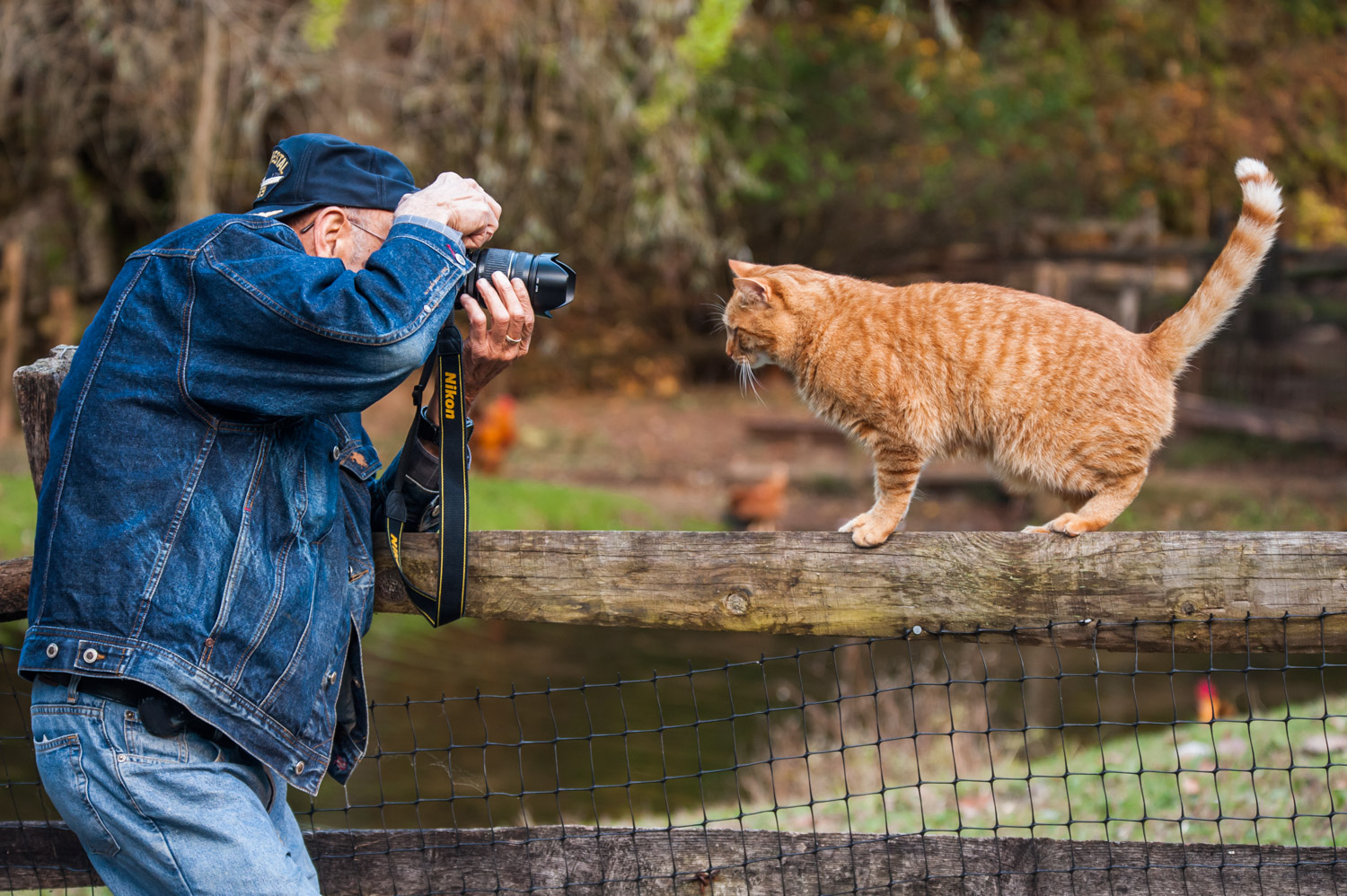
Once you spend some time with your camera and lenses, you'll get a better idea as to which subject matter interests you most, and whether the gear you have is capable to doing what you want it to do (e.g., if you enjoy shooting portraits, you may want to invest in a 35mm or 50mm f/1.8 "prime" lens; if you enjoy shooting your kids playing soccer, you may need a longer telephoto lens; for close-up shots of flowers, a macro lens). In many cases, it will be the lenses that are the limiting factor that could present creative challenges for you, and these additions to your bag may also challenge your bank account. Whatever you do, if you are going to purchase an additional lens, just be sure that it is compatible with the sensor size of your specific camera.
One last word about budget before I wrap this up... Always keep in mind that there will likely be some accessories involved in your initial purchase. So, be sure to leave room for things like:
- A camera case
- An extra battery (or two)
- Extra memory cards
- Filters for your lenses
- A tripod (if you think you'll be doing landscape or waterfall photography)
- Computer and software to process / edit and organize your digital files
The list goes on and on. Welcome to the photography rabbit hole!
Once you figure out approximately what you think you'll need, and how much you can spend, the next step is to figure out where you will buy the gear. Most big cities still have a "mom and pop" camera shop, which would be my first stop. Of course, there are also the likes of mega-shops like B&H and Adorama in New York City.
Me? Though I live near Asheville, NC, we really don't have what I would consider to be a solid camera shop. I guess I got very spoiled living in the Northeast and getting to know the folks at Allen's Camera over the years (in Levittown, PA). Even though I've been in North Carolina for over 11 years now, I still order all of my gear from there, and I still send all of my instruction clients and friends there, even if they don't live near the place. They have competitive prices and outstanding customer service. If you call, just ask for Brandon (the owner) and he'd be happy to help you out.
Just an FYI... Allen's Camera is the only place that I buy used gear (but, I have heard positive reports about used gear from other shops). You can visit their website here: www.AllensCamera.com Tell 'em Dave sent you!
If you ever have any questions about buying gear, you can always give me a ring on (828) 216 - 6457 or drop me a note on [email protected]. Of course, as an instructor I'd be happy to work out a private lesson for you (including virtual), or we can even look at a longer-term mentoring program.
Happy shooting!

